Movies
Fantasia 2021 Interview: ‘When I Consume You’ Writer/Director Perry Blackshear
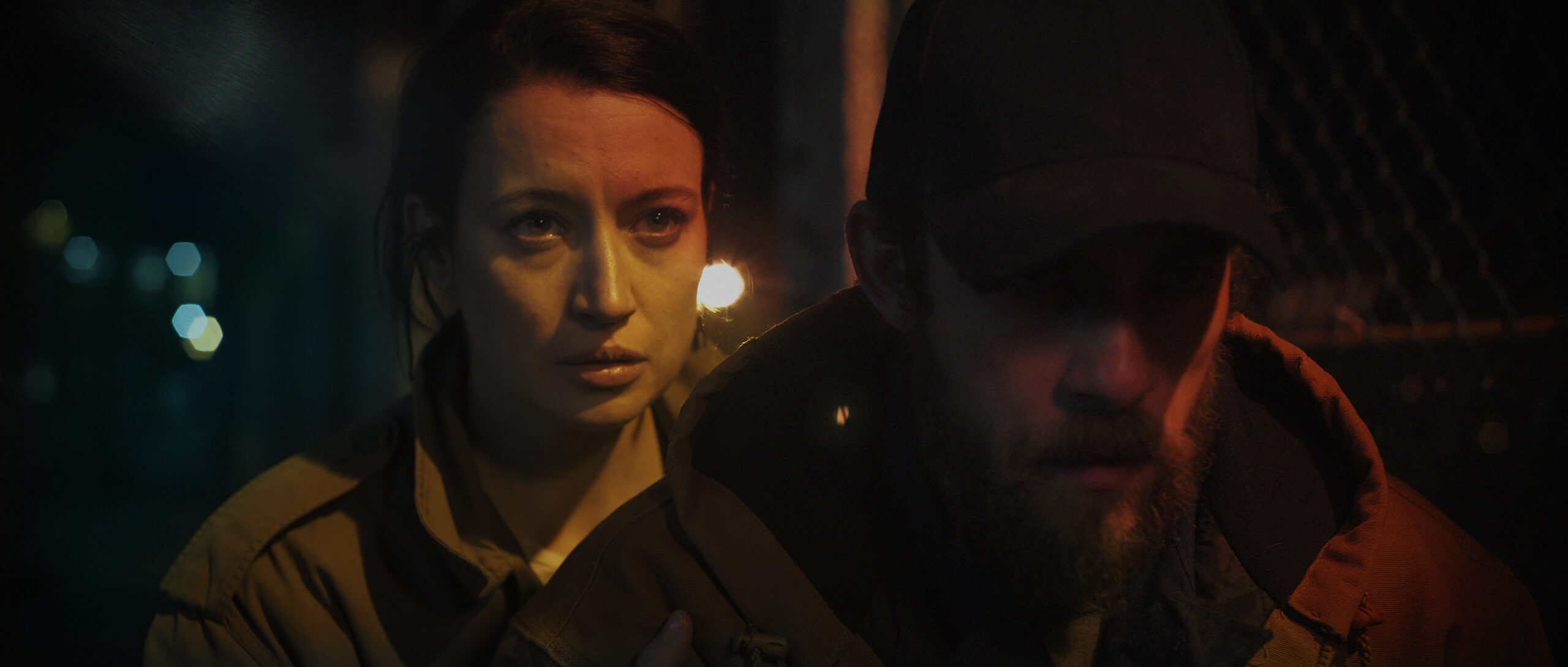
Perry Blackshear’s When I Consume You is his third feature film, marking his spectacular return to Fantasia Fest. The film follows a brother and sister (played to perfection by real life friends Evan Dumouchel and Libby Ewing) as they prepare to fight against a mysterious yellow-eyed stalker.
I’ve been a fan of Blackshear since his 2015 indie horror gem, They Look Like People, which he made with his friends after issuing a casual challenge (as I learned here). So naturally I was very excited to speak with Blackshear about When I Consume You, the themes of his films, and the personal elements he weaves into them.
You can click here to read my full review of When I Consume You.
Kelly McNeely: When I Consume You has a really creative concept. Where did this movie come from? What inspired this story?
Perry Blackshear: I think there was some version of it that I had in my head for many years. And it was always centered around these two characters that had different ways of approaching life, and this scary thing from their past coming back to sort of attack them, and it actually changed as you — it’s weird to say grow up — but, grow up. You know, in your 20s into your 30s, you know a little bit more about life. And that idea that you had one character that feels a little bit like two sides of me, where sometimes I just want to be nice and things to work out, and then I have another side — it’s sort of like devil and angel — and then other side is just, like, get the fuck up and deal with this shit, you know? Stop whining. And so it’s like these two sides, and then this really scary thing, and whether they could survive.
And I think the other motivation that happened was, you know, getting older and talking to your friends — I don’t know whether it’s the pandemic — but everyone’s in therapy now, it feels like [laughs]. A lot of the people that I knew in my life had been walking around with so much pain that they didn’t know was there, or what to do with it, or how to sort of really handle it. And I think that having these deep conversations with friends and family into my 30s, I realized how many people were walking around with so much pain, and how much courage it takes to deal with that. And I think that was a big motivation for making the film as well.
Kelly McNeely: Your work tends to explore perception and reality, and anxiety and acceptance, and this film — in particular — high functioning trauma. Can you talk a little bit about those themes and how they make their way into your work?
Perry Blackshear: Yeah, I always feel weird talking about trauma, because I’m not an expert [laughs], and it’s a really complicated, really personal subject. So I think as we approach this, a lot of the motivation came from family and friends and loved ones, and things that the cast and crew and I had experienced ourselves. So we tried to know all we could, and learn all we could about it to make sure we did it right. And also draw from personal experiences and sort of experiences of people we knew, and then make it really specific to the characters and their stories, so they didn’t become icons or something, but were very grounded in this particular family, this particular brother and sister.
And I think also, I really wanted to focus on the aftermath of stuff like this. I think maybe — just me personally — had seen enough terrible things happen to children in movies. So that’s a personal thing. But to see what happens after that, basically, and how the fight doesn’t end with cutting off the monster’s head, yay, everything’s happy forever. Like, how it is this ongoing fight. And like I said, the sort of courage that it takes to deal with that.
And in terms of anxiety, the sentence you said at the beginning of your question, I just want to frame, because it was really well put. But, I think I do like placing us in the minds of characters and letting us experience what it’s like to be these characters through sound and through cinematography. And we tried really hard to — when Wilson was going through what he was going through — to be Wilson in his own brain, and to see the world as he saw it. And there’s a few moments of intense sort of violence and surprise early on, and I tried to mirror what I experienced during a car crash or something like this.
In my experience, what happens isn’t like, oh, everything gets slow motion. I think that actually could happen to someone, but for me, everything becomes extremely realistic. And you’re seeing it, and you can hear all the sounds you suddenly notice, it’s very strange. You’re hyper aware of everything. Or at least when I was in a car crash, that’s what happened. And there’s almost a kind of calm that occurs too, and I don’t know if it’s adrenaline or what.
But I think being true to the internal experiences of the character throughout was something we cared about to try to do. You’re getting me very excited, I love talking about this stuff. It’s fun to make a movie about a brother or sister fighting a demon, but you put all this personal stuff in there. And it’s great when people pick up on that stuff.
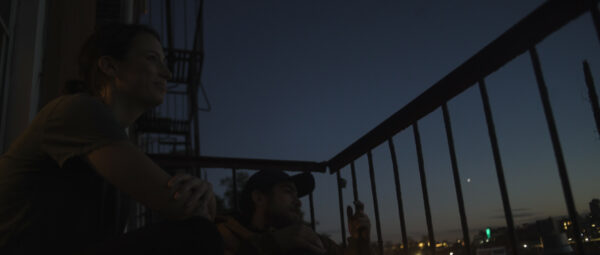
When I Consume You
Kelly McNeely: Speaking of adults with childhood trauma, what I like about this film is it kind of hints at events and explores their emotional resonance without directly addressing the events themselves. Which I think is a really clever way to do the storytelling, as opposed to just saying, like, this is what happened, this is the aftermath. It sort of leaves that ambiguous. Can you talk a little bit about that?
Perry Blackshear: Yeah, I think maybe it stemmed from just… it’s never good to be negative. I think that when I watch films, a lot of the very explicit childhood stuff feels almost too much to grapple with, especially in a genre film, where there’s fight scenes and other stuff. And I think that we wanted to make it a specific household in a specific family. And I think the closest you get is the scene with the turtle, when they talk about how the mom made Wilson kill a turtle with a hammer, and this idea of the psychological cruelty of that household.
I was thinking about this when I watched The Invisible Man, and I love that the movie started after everything. And what a great, — I mean, I love that film, as well — but I think that, in the ending, when you see the way he’s talking to her, and the way that he’s confusing her, and how he seems to be the victim himself. And you’re just like… because you’ve been with her character the whole time, we get to feel like her. At that moment, we get to experience what it’s like to have been her — without seeing it — but just knowing what she’s been through, through her experience afterwards. I’m not being very articulate with that, but I really like that. I think that it brings us into their world in a way, approaching them where they are right now, and feeling what it feels like to be them.
Kelly McNeely: And I like that you have the two different characters, Daphne and Wilson, who handle that trauma in different ways. One’s very high functioning, and one has sort of regressed in a way, and how that balances out, which I think is fantastic. And, speaking of the fight scenes, you got to do a bit of a training montage, which I imagine is, like, every director’s dream [laughs]. So that must have been — and the fight scenes as well — a little bit different for you, too.
Perry Blackshear: Yeah, I think we wanted to stretch ourselves a little bit. And there’s a funny thing that happens, where at the beginning, we were like, oh, let’s do fight scenes. That’s awesome. The guys, I trained with an MMA fighter — I didn’t train, they trained — I met an MMA fighter who had never done film, but wanted to get into it. And in retrospect, I’m glad that I survived that, because we were practicing with each other. And he had no idea how to pull his punches, or whatever, or you know, not choke me out or whatever [laughs]. So, it was very intense.
But we wanted it to be a fun movie, and to have that moment where he’s fighting and you feel like you could cheer on what was happening. But the violence in something like Green Room we looked at, which felt haphazard and uncomfortable and real. And so we wanted to strike a balance between the genre elements, and the reality of violence and how you can still fight for this guy that’s sort of fighting this demon. But it’s ugly, and it is really painful. There’s that feeling in the montage where at first you’re like, oh, yeah, great. He’s gonna Be a Man like in Mulan or whatever, awesome. And then at the end, you’re like, no, this was… this was a terrible idea [laughs].
So that was what we were going for with the montage. Maybe it’s just a personal thing, but I think all of us — my friends and I joke — it’s like, I just want to montage myself. You know? But I think the idea in this is like, there’s a certain feeling of, yeah, everybody wants to change. Everybody wants to change, to be someone better than they are. But like, what does that cost? How hard is that? What becomes of you when you change? And that kind of thing.
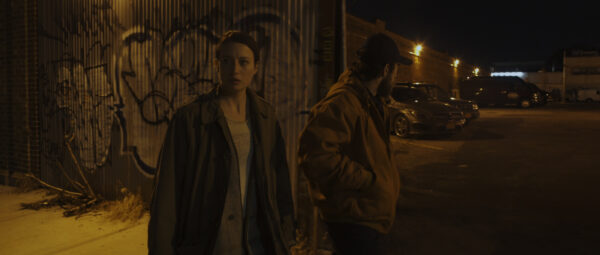
When I Consume You
Kelly McNeely: And speaking of working with your friends, I know you’ve worked with them on several of your films — all of your films — how did you sort of get that crew together? How did you meet everybody, how did that all collide?
Perry Blackshear: That was a fun story that I never get tired of talking about. So we made a bunch of films in college together. Really great, good friends, Evan [Dumouchel] and McLeod [Andrews] and I. And then I went to grad school, and there’s a lot of pressure in grad school to sort of like, get into Sundance or don’t even bother. So I think we got very drunk. And we were by a dumpster for some reason. I think we were freestyle walking off the dumpster, which is where you like — you know, you like… anyway, it’s very ridiculous. We were in our 20s. And they’re like, let’s just make a movie! So I made them a deal; I bought them plane tickets to New York, and I got my roommate a different place to stay for a month. It was a few months out, and I said, okay, you’re coming to New York, we’re gonna make a movie.
I don’t have the script, I have no idea what’s going to be, it’s in three months, it’s gonna happen, or else I will be very deeply ashamed of myself. And you can just yell at me for a month. And it worked. I think the guy that writes XKCD talks about that, pitting your procrastination against your public shame. It worked great. I recommend it.
And then Margaret [Ying Drake] was a friend. She had been in some readings and stuff that I had done. So we sort of gathered a crew of people that were really down. And they’re also filmmakers in their own right, so they were very excited to be a part of the process. And I also have to call out Libby Ewing. It’s scary to bring in new people to the family, but she is both an unbelievable collaborator, and an unbelievable actress, too. So it was wonderful to have her as part of our crew.
I mean, to give you an idea of what it’s like, when we’re filming out on those streets at 4am, the only crew is us. So it’s the two actors fighting, Libby doing sound, then me. That’s it. There’s no one else, except the poor policeman who’s at the end of the street, protecting us because we’re using a fake gun and everything. When the guy came — they like film duty, you get paid to sit there, it’s not that bad — but we just showed up with our little stuff. And he was like, wait, this is a movie? We’re like, yeah, but then when the fight scene started happening, he’s like, oh, cool. I get it now. So yeah, it was really sort of a family affair in some ways. But it’s great. I’m working a little more on TV now and slightly bigger movies. But working with people you care about, making stuff you care about, continuing to sort of work in that way, has been… I mean, it’s really difficult to make movies like this, but it’s really fun.
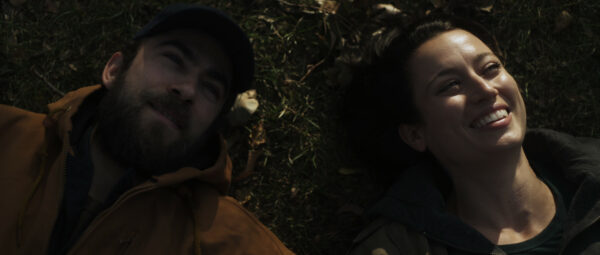
When I Consume You
Kelly McNeely: And I understand They Look Like People really kind of kicked off at Fantasia as far as genre film festivals go. How’s it been, back at Fantasia with When I Consume You, and doing everything digitally for change?
Perry Blackshear: I mean, it’s one of those things. It’s like seeing your best friend for so many years, but online, and it’s like, this is so great! And I just want to hug you, man! And I want to like, go see a movie together and then you go out to have lunch with new people and new filmmakers. So it’s bittersweet because part of it is heartbreaking that we’re not all together. But also it’s wonderful to be back, and I think these one-on-one conversations with Zoom — actually, I have connected to a lot of people, and people from all over Canada have gotten to see the movie — I think more people get to see your films because it is online. So it’s interesting, it’s a brave new world. But I really admire Mitch. I like to say that all film festivals — when you go to so many, and we showed up at all of them because we love them — have different personalities and different souls, and Fantasia, just what a great community! So it’s really great to be back.
Kelly McNeely: How do you feed your creativity? What inspires you?
Perry Blackshear: Great question. So many people I’ve talked to discovered horror movies when they were young. And I actually just basically watched nature shows when I was young. So for me, a lot of film comes from life experience and other sources like music and art and myth, but a lot of it is just sort of life and nightmares, and the nightmares of my friends, and stories I hear. And I think in terms of what drives creativity, I have sort of the opposite problem where I have it sort of like a faucet running in the background all the time, where I’m like, you got to focus on your taxes — oh I’ve got an idea about a tax guy and a demon and! — no, you’ve gotta focus… it’s like this constant. I don’t know if it’s a good thing, because it sometimes interferes with other things I’m trying to work on. But no, it’s very exciting. Especially having collaborators that feel the same way.
And a lot of it comes down to — let’s see, how do I say this — you want to make stuff that’s personal, but with our creative team, we talked about the difference between a journal entry and a love letter. A journal entry is like, it’s just for you. Like, it could be great, but it’s really for you, and you can make it, but you shouldn’t show it to other people really [laughs]. I mean, you can, but like, it’s possible that no one will be happy with the result. And a love letter, it’s very personal, but it’s also to an audience. In some ways, this movie is dedicated to people in my life and friends and things like that. So it’s for other people.
Again, you’re getting me to talk so much about this stuff, because it’s exciting to talk about, you know, where all this stuff comes from. And two of my heroes are J. R. R. Tolkein — very boring — and also Brian Jacques, who did the Mossflower and Redwall series. People don’t know about it, it was very cool in the early 80s and 90s. The reason that he wrote the adventure stories is he had a life as a sailor and a postman, and a bunch of other things. And he was volunteering to read to these kids. And he was like, these kids’ stories aren’t that good. So he just was like, I’m gonna write a great swashbuckling story to read to these kids. And when stories come from there, they just have a lot of soul and heart to them. And that’s the stuff that I get very inspired by, people who bring that to the stories they tell. So that’s my big source of inspiration.

When I Consume You
Kelly McNeely: And can you talk a little bit about the practical effects in the movie?
Perry Blackshear: Oh, well, that was fun. I mean, you know, we do have a friend doing some of the eye stuff. But what we found is when we started to talk about the effects, we started to go really overboard, and we were like, okay, what feels sort of psychologically true and real here? What can we do that feels grounded enough, and feels tactile? Because I read — you know how you read stuff, I don’t know if this is true — but it was talking about how loneliness fires off the same neurons in the body as physical pain does. And I think that that feels true?
Kelly McNeely: It sounds like that could be true [laughs].
Perry Blackshear: It sounds like it’s true, it’s so we’ll just go with it. I mean, that’s what the internet’s all about, is you find things that feel true, and you just go with it [laughs]. But I did think that there’s a feeling when you’re going through anxiety, or depression, or loneliness, or all these things, that it feels very much in the body and not in your head, you feel sort of bludgeoned. And so I wanted it to feel relatively grounded, relatively physical, rather than sort of all in magic effects land.
I’ve been watching a lot of movies from the 70s. And I like that sort of noir-y, folklore-y thing where you feel things, and I guess that’s sort of a more of a feelings based answer. But I think that’s what we were going for, with the cast and crew. And I think a lot of us also just want to focus on the story, the acting and the directing. And the other stuff is fun, but we don’t want it to take away from you know, the performances and what we love about movies.
Kelly McNeely: You mentioned you’ve been working on some TV stuff. What’s next for you? What are you working on?
Perry Blackshear: Oh, well, it’s very exciting. Last year, I sold a show to Netflix, and then the pandemic hit, and so that is in that zone that things get in right now. But I have another movie that’s by another writer. It’s very exciting. I haven’t experienced that before, and that’s really fun. And then another TV show about a demon that feeds off loneliness that I’m really excited about. It’s sort of a coming of age, half an hour, horror, I love it so much, so that’s very exciting.
And there’s also a film called — and this is totally wacky — called Bingo Hell. But I helped write it, and that’s coming out at Fantastic Fest soon, I think next month or in a few months. It’s directed by Gigi Saul Guerrero and written by Shane McKenzie, and I helped write it. And it’s a total departure. It’s a horror comedy, it’s sort of like a 70s style movie. But it’s about a bunch of elderly people that are being gentrified out of the neighborhood. And then this evil asshole gentrifier comes in and starts fucking with all their shit, and they band together to kick his ass. And it’s pretty fun. It’s pretty great.
And I hope to keep making movies with the same team, in similar ways. So, we’re maniacs, we finished editing and I turned in, and then we were on the call together, like, so what do we want to do next? So it’s really exciting. It’s exciting to work in this intimate way and then to sort of continue to find people in Hollywood that like to work that way as well. So yeah, now if we could just get this damn pandemic over with. I’m sure someone who’s in charge of that can deal with that part of it.
Kelly McNeely: They’ve been asleep at the wheel.
Perry Blackshear: Whatever deity is in charge of pandemics, we should just start sacrificing to them or whatever, because clearly, they’re not getting enough love.
![]()
Listen to the 'Eye On Horror Podcast'
Movies
Renny Harlin’s Recent Horror Movie ‘Refuge’ Releasing in U.S. This Month
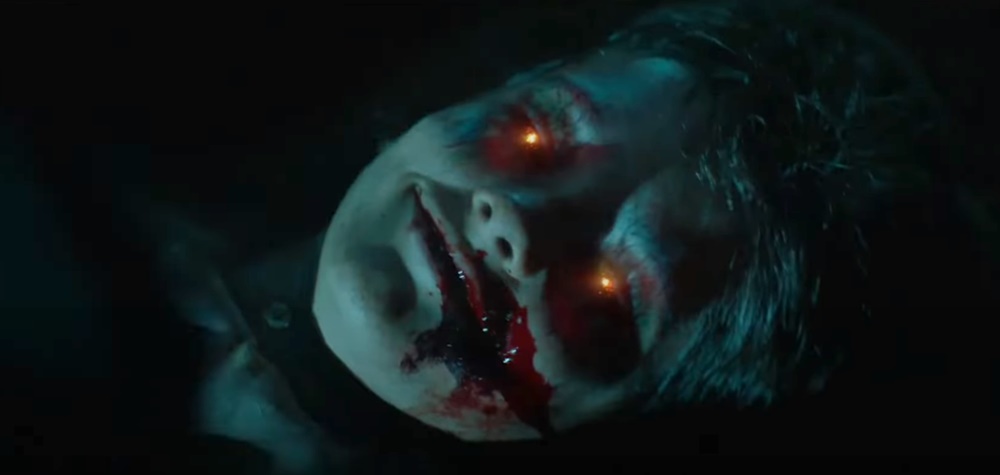
War is hell, and in Renny Harlin’s latest film Refuge it seems that’s an understatement. The director whose work includes Deep Blue Sea, The Long Kiss Goodnight, and the upcoming reboot of The Strangers made Refuge last year and it played in Lithuania and Estonia this past November.
But it’s coming to select U.S. theaters and VOD starting on April 19th, 2024
Here is what it’s about: “Sergeant Rick Pedroni, who comes home to his wife Kate changed and dangerous after suffering an attack by a mysterious force during combat in Afghanistan.”
The story is inspired by an article producer Gary Lucchesi read in National Geographic about how wounded soldiers create painted masks as representations of how they feel.
Take a look at the trailer:
Listen to the 'Eye On Horror Podcast'
Movies
‘The Strangers’ Invaded Coachella in Instagramable PR Stunt
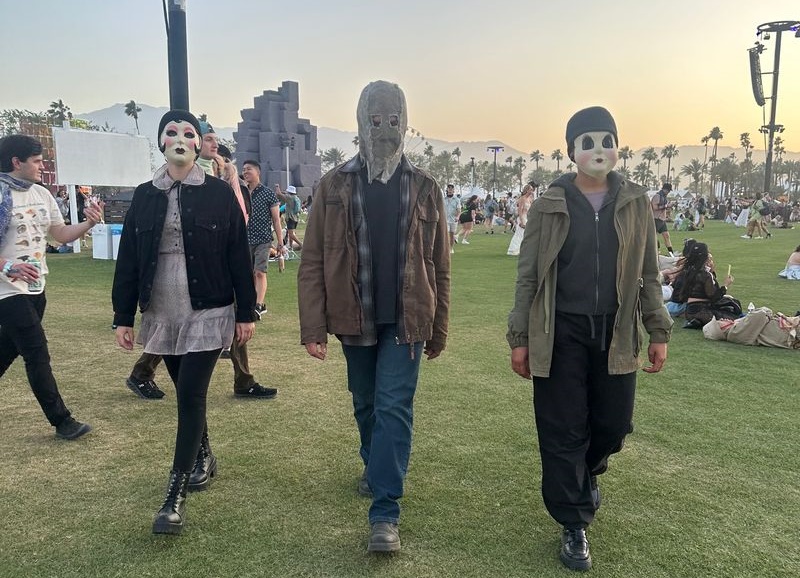
Renny Harlin’s reboot of The Strangers isn’t coming out until May 17, but those murderous home invaders are making a pit stop at Coachella first.
In the latest Instagramable PR stunt, the studio behind the film decided to have the trio of masked intruders crash Coachella, a music festival that takes place for two weekends in Southern California.
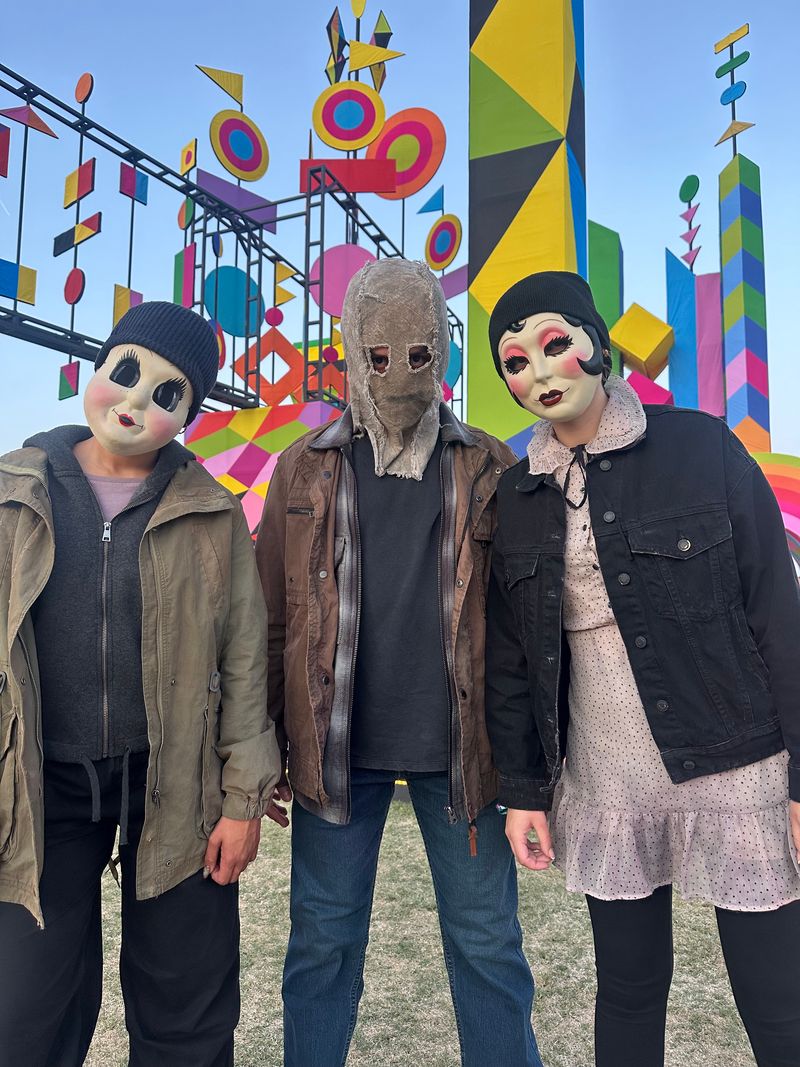
This type of publicity began when Paramount did the same thing with their horror movie Smile in 2022. Their version had seemingly ordinary people in populated places look directly into a camera with an evil grin.

Harlin’s reboot is actually a trilogy with a more expansive world than that of the original.
“When setting out to remake The Strangers, we felt there was a bigger story to be told, which could be as powerful, chilling, and terrifying as the original and could really expand that world,” said producer Courtney Solomon. “Shooting this story as a trilogy allows us to create a hyperreal and terrifying character study. We’re fortunate to be joining forces with Madelaine Petsch, an amazing talent whose character is the driving force of this story.”
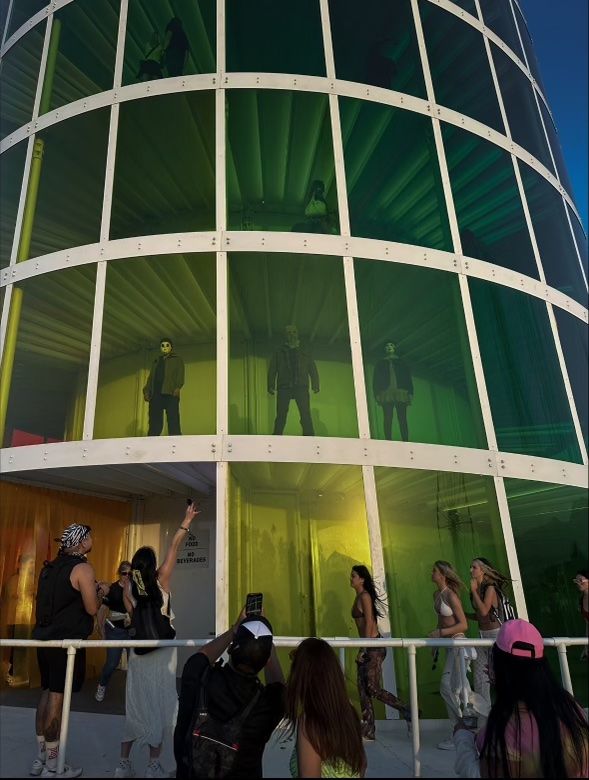
The movie follows a young couple (Madelaine Petsch and Froy Gutierrez) who “after their car breaks down in an eerie small town, are forced to spend the night in a remote cabin. Panic ensues as they are terrorized by three masked strangers who strike with no mercy and seemingly no motive in The Strangers: Chapter 1 the chilling first entry of this upcoming horror feature film series.”
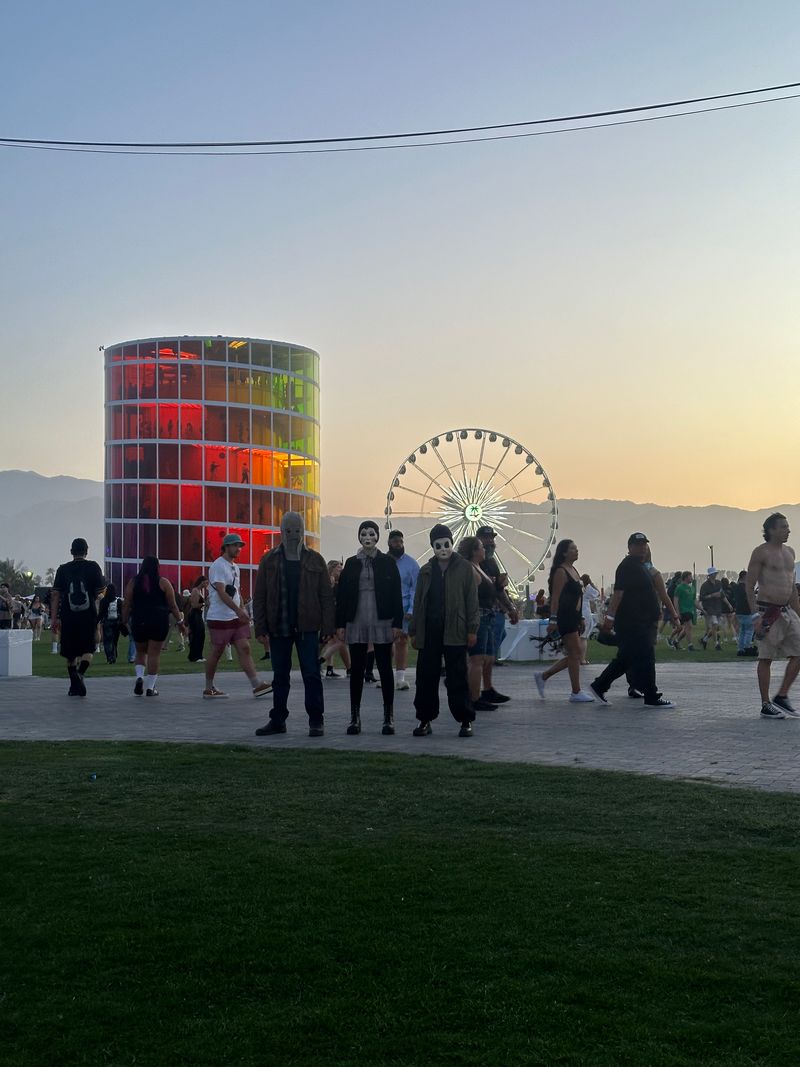
The Strangers: Chapter 1 opens in theaters on May 17.
Listen to the 'Eye On Horror Podcast'
Movies
‘Alien’ Returning to Theaters For a Limited Time
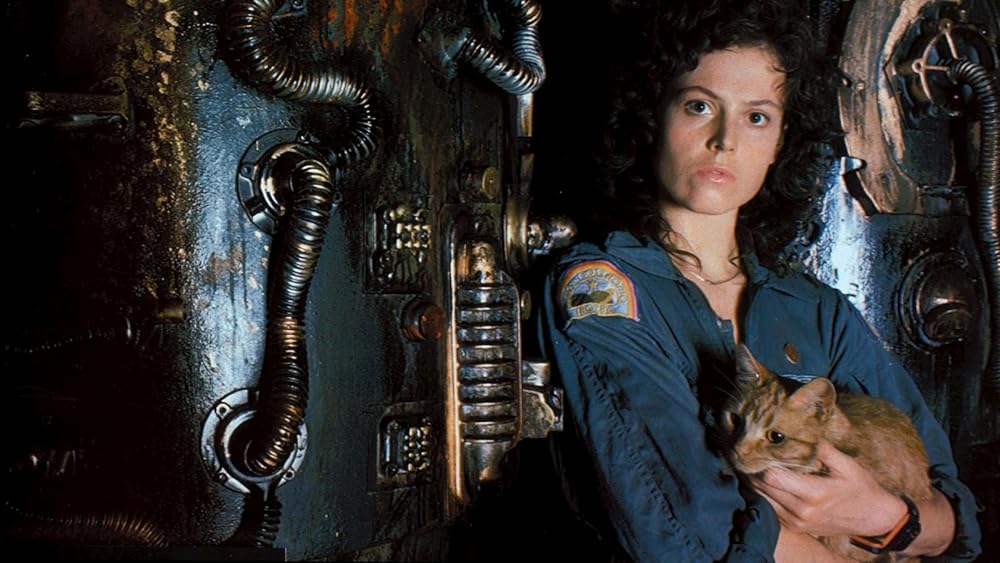
It’s been 45 years since Ridley Scott’s Alien hit theaters and in celebration of that milestone, it is headed back to the big screen for a limited time. And what better day to do that than Alien Day on April 26?
It also works as a primer for the upcoming Fede Alvarez sequel Alien: Romulus opening on August 16. A special feature in which both Alvarez and Scott discuss the original sci-fi classic will be shown as a part of your theater admission. Take a look at the preview of that conversation below.
Back in 1979, the original trailer for Alien was kind of terrifying. Imagine sitting in front of a CRT TV (Cathode Ray Tube) at night and suddenly Jerry Goldsmith’s haunting score begins to play as a giant chicken egg starts to crack with beams of light bursting through the shell and the word “Alien” slowly forms in slanted all caps across the screen. To a twelve-year-old, it was a scary pre-bedtime experience, especially Goldsmith’s screaming electronic musical flourishes playing over scenes of the actual movie. Let the “Is it horror or sci-fi?” debate begin.
Alien became a pop culture phenomenon, complete with kid’s toys, a graphic novel, and an Academy Award for Best Visual Effects. It also inspired dioramas in wax museums and even a frightening setpiece at Walt Disney World in the now-defunct Great Movie Ride attraction.
The film stars Sigourney Weaver, Tom Skerritt, and John Hurt. It tells the tale of a futuristic crew of blue-collar workers suddenly awakened out of stasis to investigate an undecipherable distress signal coming from a nearby moon. They investigate the source of the signal and discover it’s a warning and not a cry for help. Unbeknownst to the crew, they have brought a giant space creature back on board which they find out in one of the most iconic scenes in cinema history.
It is said that Alvarez’s sequel will pay homage to the original film’s storytelling and set design.
The Alien theatrical re-release will take place on April 26. Pre-order your tickets and find out where Alien will screen at a theater near you.
Listen to the 'Eye On Horror Podcast'
-
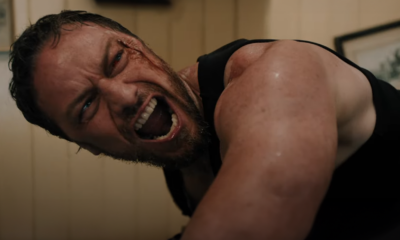
 Trailers7 days ago
Trailers7 days agoJames McAvoy Captivates in the New Trailer for ‘Speak No Evil’ [Trailer]
-
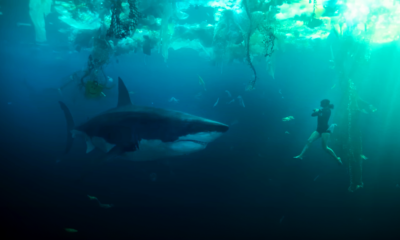
 Trailers6 days ago
Trailers6 days agoWatch the trailer for ‘Under Paris,’ the movie people are calling ‘French Jaws’ [Trailer]
-
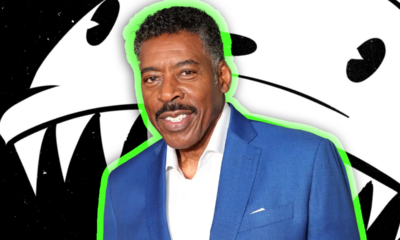
 Movies6 days ago
Movies6 days agoErnie Hudson To Star In ‘Oswald: Down The Rabbit Hole’
-
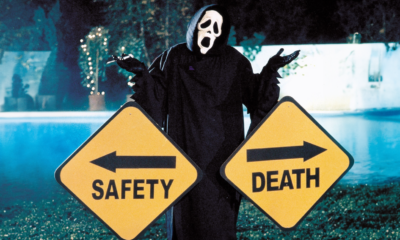
 News6 days ago
News6 days agoParamount and Miramax Team Up to Reboot the “Scary Movie” Franchise
-
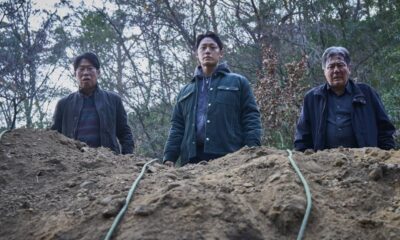
 News2 days ago
News2 days agoThis Horror Film Just Derailed a Record Held by ‘Train to Busan’
-

 News3 days ago
News3 days agoRead Reviews For ‘Abigail’ The Latest From Radio Silence
-
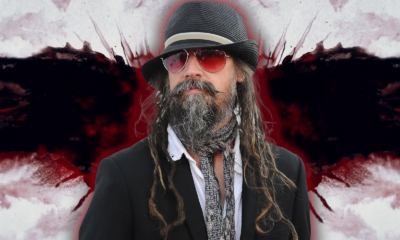
 Editorial4 days ago
Editorial4 days agoRob Zombie’s Directorial Debut Was Almost ‘The Crow 3’
-
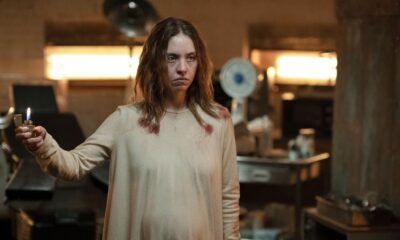
 Movies2 days ago
Movies2 days agoWatch ‘Immaculate’ At Home Right Now
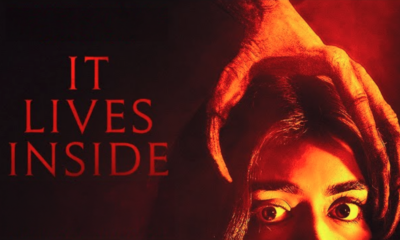

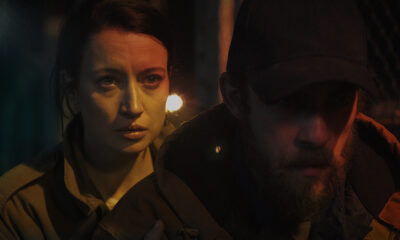

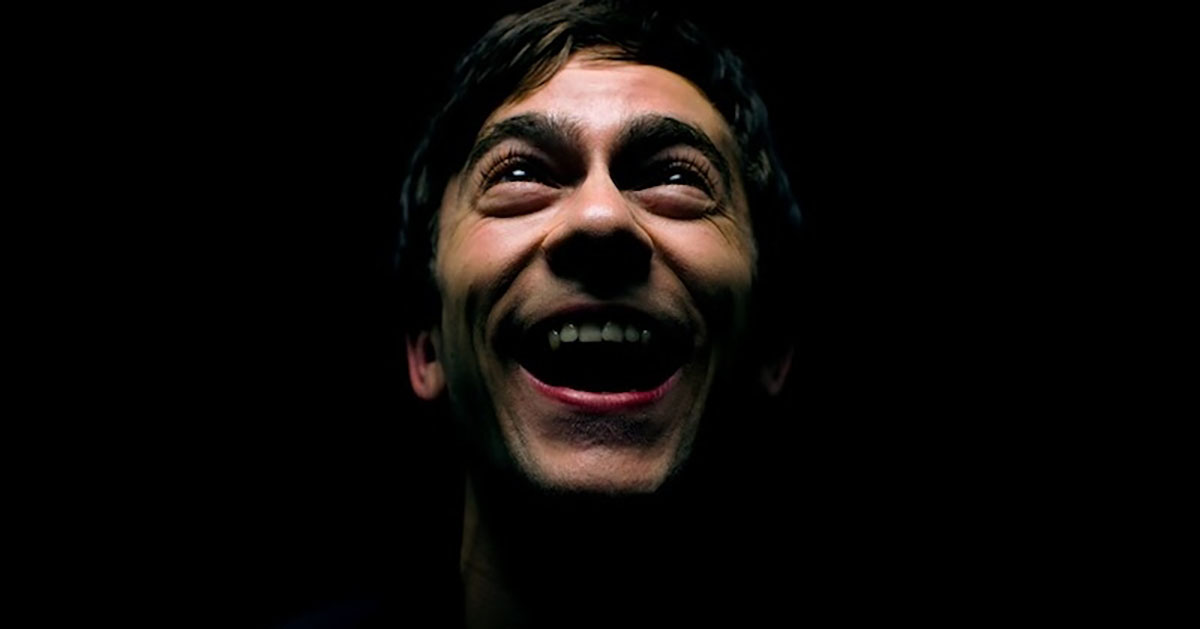

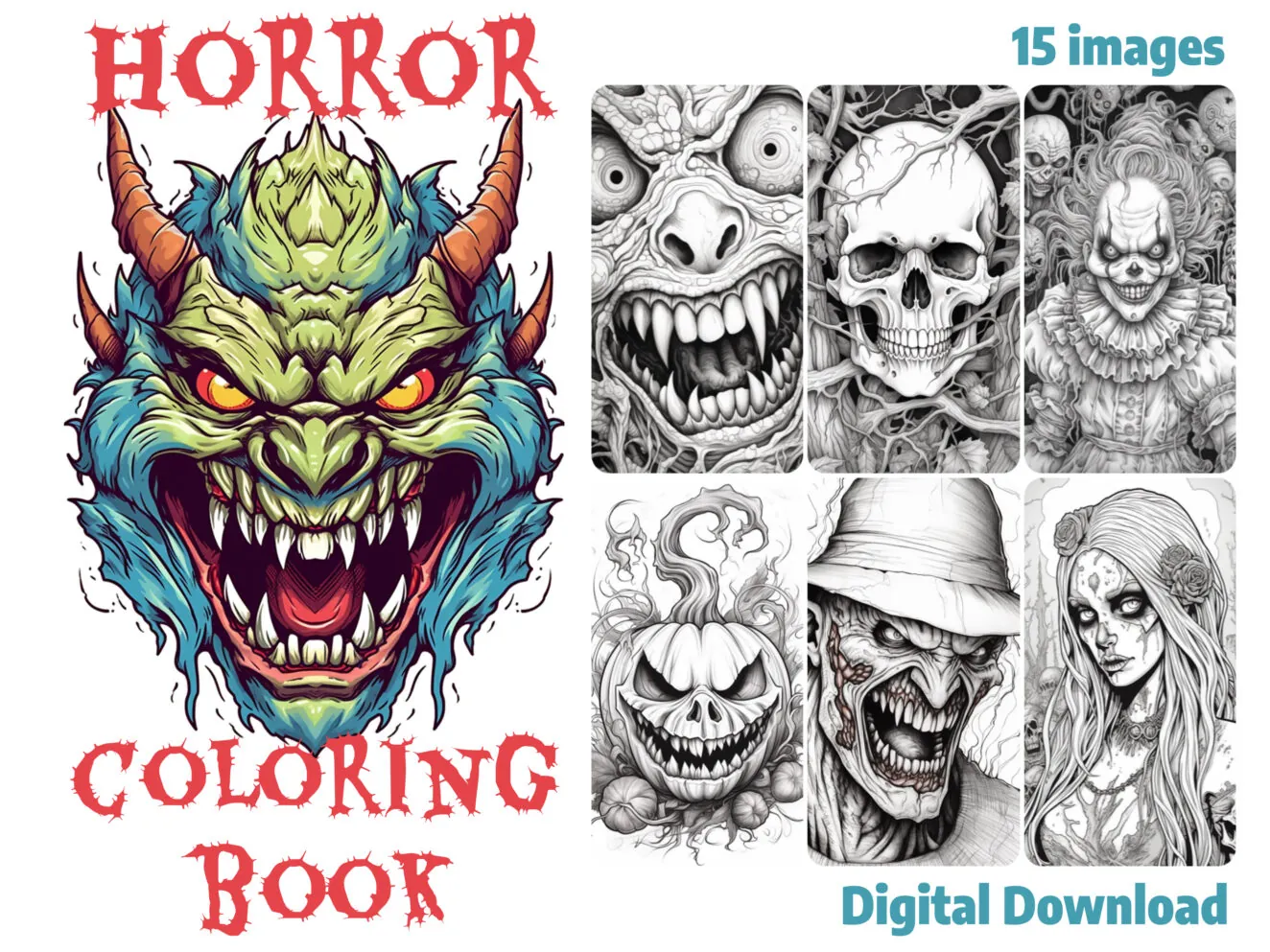
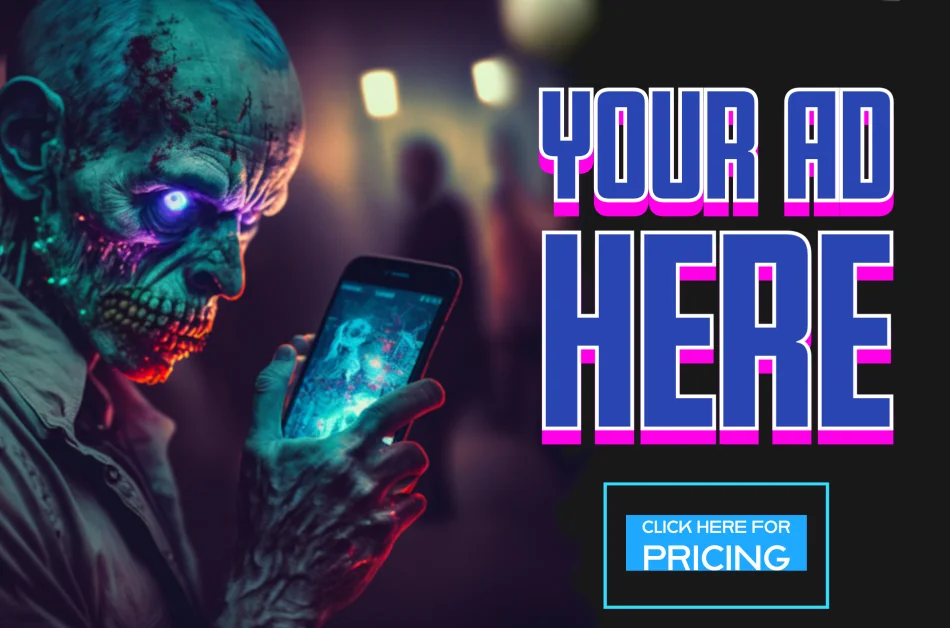
















You must be logged in to post a comment Login